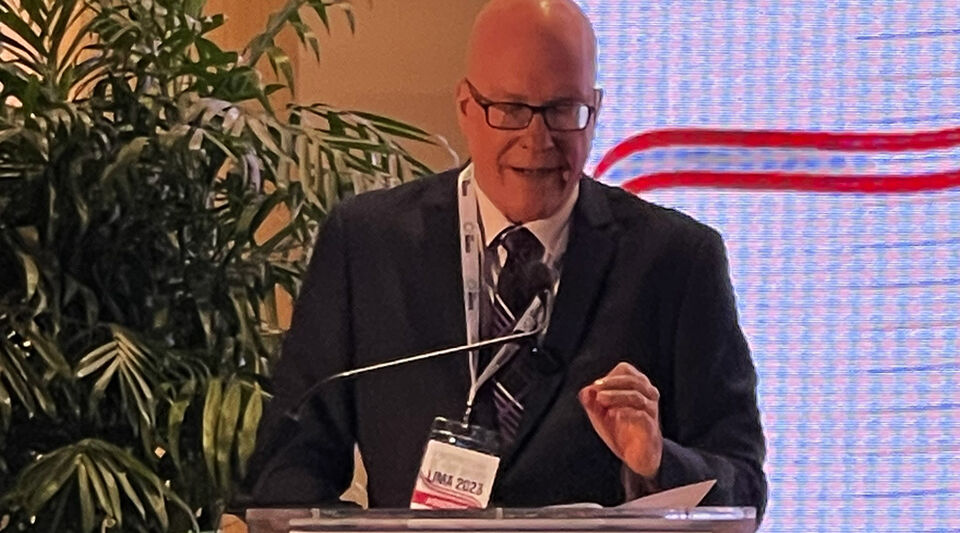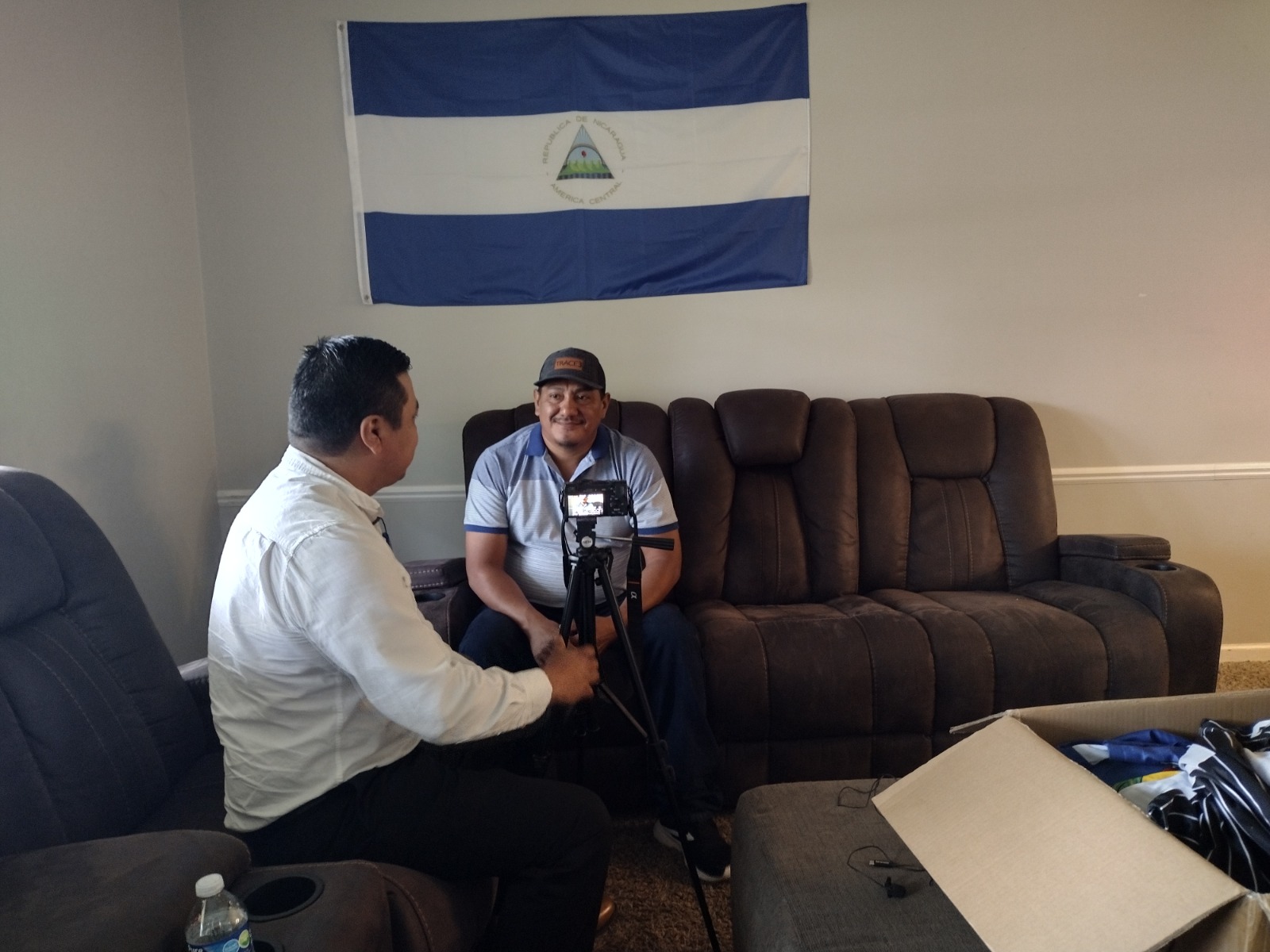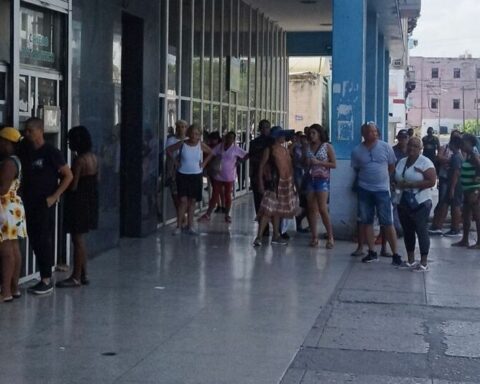(EFE).- The Assembly of the Cuban Resistance (ARC), which brings together 35 organizations from inside and outside Cuba, asked this Thursday in Miami (USA) through its coordinator, Orlando Gutiérrez Boronat, to review the Political Dialogue and Cooperation Agreement (PDCA) between the European Union (EU) and the Government of Havana.
Gutiérrez Boronat, in statements to EFE, said that his request comes after, as he claims, the Government of Sweden was considering promoting a review of the PDCA in the EU.
The Cuban opponent explained that the Swedish Minister of Foreign Trade, Johan Forssell, would have indicated, in response to a question from the deputy Björn Söder, that there are reasons to review the EU’s policy towards Cuba.
The Minister of Foreign Trade of Sweden, Johan Forssell, pointed out that there are reasons to review the EU’s policy towards Cuba
“There are reasons to review it,” said Gutiérrez Boronat, for his part, after confirming Forssell’s response to the deputy’s question, formulated due to concerns about the events that have been taking place in Cuba in recent times.
Gutiérrez Boronat maintained that, for all this, “there is a possibility” that the EU, at the initiative of Sweden, assess a revision of an agreement that, he affirmed, “is essential for the economy of the Government” of Havana.
The opponent indicated that the position of the Swedish Executive makes sense if one considers Cuba’s position regarding the Ukrainian War and the Scandinavian country’s fear of Vladimir Putin’s expansive policies.
Cuba, Russia, Venezuela, China and Eritrea were the only governments that voted against holding an emergency meeting of the UN General Assembly to condemn the Russian invasion of Ukraine, after the failure of the Security Council.
Regarding a possible initiative by the Government of Sweden to review the PDCA, Gutiérrez Boronat acknowledged that it is not an easy task and that it would be opposed at the European level, among others, by the Spanish Socialist Workers’ Party (PSOE).
Cuba, Russia, Venezuela, China and Eritrea were the only governments that voted against holding an emergency meeting and condemning the Russian invasion of Ukraine.
He said that the economic consequences for the Government of Havana and the Caribbean country as a whole would be very important, since the EU carries out “real financing” of Cuba through the PDCA.
“Any change in the PDCA would be decisive from the economic point of view” for Cuba, he indicated, in addition to pointing out that “the change in temperature in Europe” in the political sphere suggests the possibility of modifying the agreements.
Gutiérrez Boronat argued that this hypothetical revision of the agreement makes special sense after the repression unleashed during the historic anti-government protests of July 2021 in Cuba, which did not cause the end of aid to Havana.
The Political Dialogue and Cooperation Agreement (PDCA) between Cuba and the EU was signed in 2016 and its objectives are to consolidate and strengthen “relations between the parties in the fields of political dialogue, cooperation and trade.”
The agreement includes chapters on political dialogue, cooperation and dialogue on sectoral policies and trade cooperation.
________________________
Collaborate with our work:
The team of 14ymedio He is committed to doing serious journalism that reflects the reality of deep Cuba. Thank you for accompanying us on this long road. We invite you to continue supporting us, but this time becoming a member of our newspaper. Together we can continue transforming journalism in Cuba.








